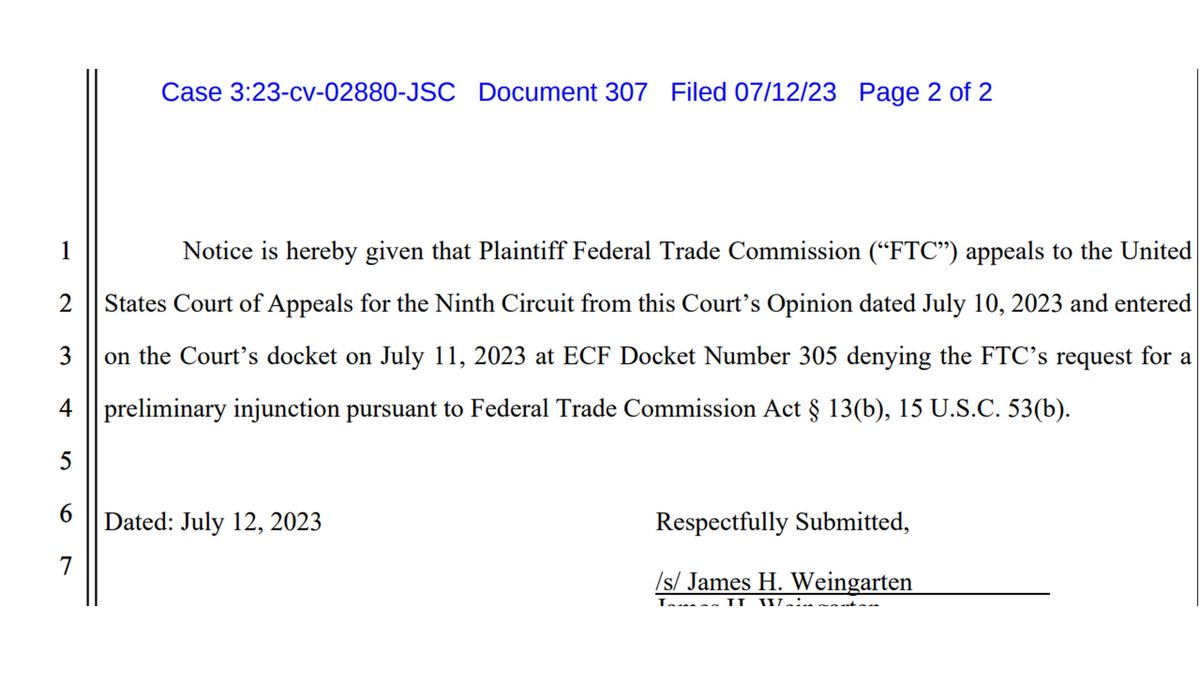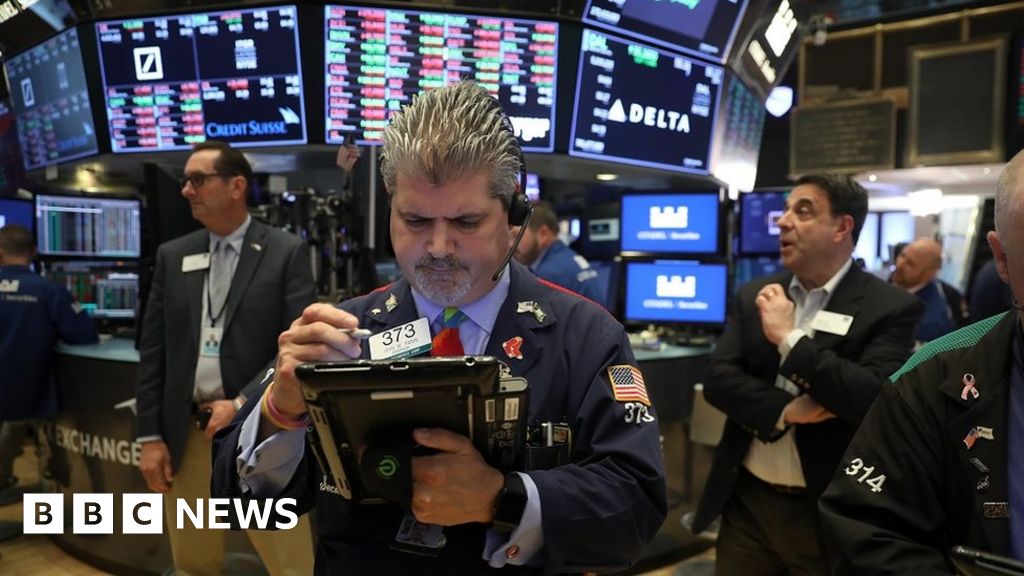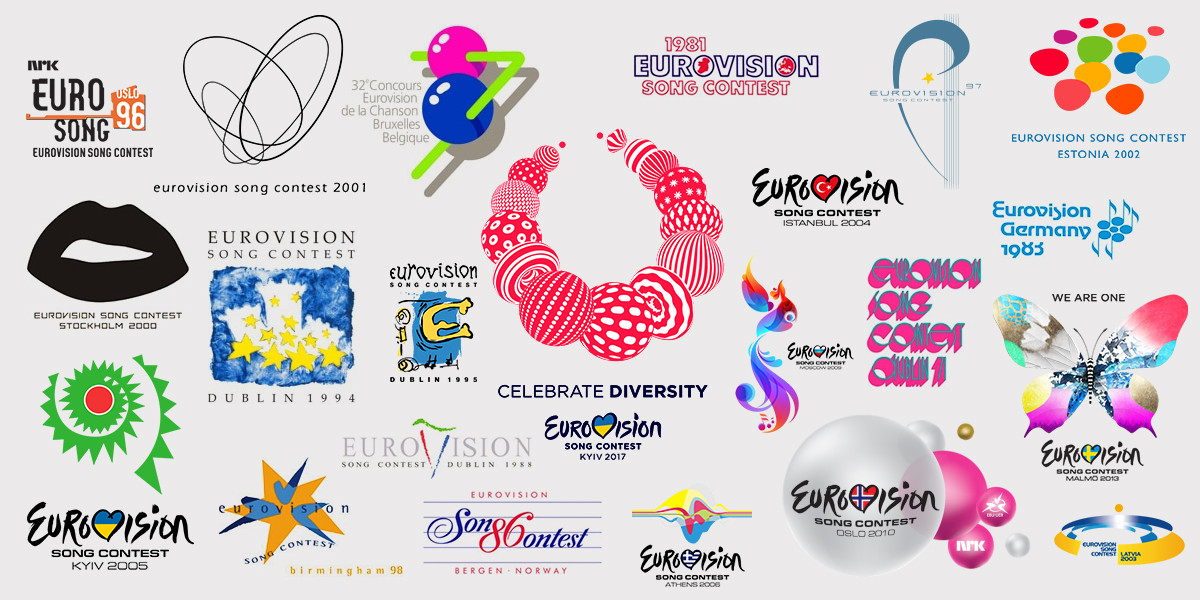FTC To Appeal Microsoft-Activision Deal Ruling: What's Next?

Table of Contents
The FTC's Case Against the Merger
The FTC's core argument against the Microsoft-Activision merger centers on concerns about reduced competition and the potential for anti-competitive practices within the gaming industry. Their lawsuit alleged that the acquisition would give Microsoft undue control over the market, harming consumers and stifling innovation.
-
Call of Duty's Central Role: A significant portion of the FTC's argument revolved around Call of Duty, Activision's immensely popular first-person shooter franchise. The FTC feared that Microsoft could make Call of Duty exclusive to its Xbox ecosystem or make it significantly less appealing on competing platforms, harming PlayStation players and potentially giving Xbox an insurmountable advantage.
-
Impact on Game Developers and Publishers: The FTC also argued that the merger could harm smaller game developers and publishers by limiting their access to distribution channels and potentially reducing their negotiating power with Microsoft. This could stifle innovation and reduce the diversity of games available to consumers.
-
Anti-Competitive Behavior Concerns: Concerns about anti-competitive behavior through exclusive content and platform lock-in were central to the FTC's case. The commission argued that Microsoft could leverage its control over Activision's IPs to create barriers to entry for competitors and limit consumer choice.
-
Proposed Remedies: Before the appeal, the FTC didn't propose specific remedies beyond blocking the merger entirely. Their focus was on preventing the acquisition altogether, rather than suggesting specific conditions to allow it to proceed.
The Judge's Decision and its Implications
Judge Jacqueline Scott Corley dismissed the FTC's lawsuit, finding that the commission failed to present sufficient evidence to prove that the merger would substantially lessen competition. Her decision was a significant blow to the FTC's efforts to block the acquisition.
-
Key Findings of the Ruling: The judge's key finding centered on the lack of compelling evidence demonstrating that Microsoft would pull Call of Duty from PlayStation, or otherwise significantly harm competition. The ruling emphasized the strength of the competitive landscape in the gaming market.
-
Weaknesses in the FTC's Case: The judge highlighted what she perceived as weaknesses in the FTC’s arguments, including a lack of concrete evidence to support claims of anti-competitive behavior.
-
Immediate Consequences: The initial ruling cleared the path for Microsoft to finalize its acquisition of Activision Blizzard. This led to immediate market reactions, with Activision Blizzard's stock price increasing significantly.
-
Market Reaction: The initial market reaction was overwhelmingly positive for Microsoft and Activision Blizzard, reflecting the relief among investors that the regulatory hurdle had seemingly been cleared.
The FTC's Appeal: Grounds and Potential Outcomes
The FTC's appeal will likely focus on challenging the judge's interpretation of the evidence and arguing that she misapplied the antitrust laws. They will argue that the judge underestimated the potential for anti-competitive practices by Microsoft.
-
Legal Process: The appeal will involve submitting legal briefs to a higher court, which will review the lower court's decision and relevant evidence. Oral arguments before the appellate judges are likely.
-
Potential Timelines: The appeal process could take several months, or even longer, significantly delaying the completion of the merger.
-
Possible Outcomes: The appeal could result in upholding the original decision, reversing the decision in favor of the FTC, or sending the case back to the lower court for reconsideration with specific instructions.
-
Likelihood of Success: Predicting the outcome is challenging. The FTC faces a high bar to overturn the judge's decision, but their appeal indicates a strong belief in their case's merits.
Impact on the Gaming Industry and Consumers
The FTC's appeal and its potential outcomes will have far-reaching consequences for the gaming industry and consumers.
-
Game Prices and Availability: The merger's impact on game prices and availability remains uncertain. While Microsoft has publicly committed to keeping Call of Duty on PlayStation, the FTC's concerns highlight the potential for future changes.
-
Competition and Innovation: The outcome of this appeal will heavily influence competition and innovation within the gaming industry. A successful appeal could set a significant precedent for future mergers and acquisitions in the sector.
-
Game Developers and Publishers: The appeal's outcome could significantly impact the bargaining power and opportunities available to game developers and publishers.
-
Future Mergers and Acquisitions: The success or failure of this appeal will set a precedent for future mergers and acquisitions in the gaming industry, shaping how regulators approach such deals in the future.
Conclusion
The FTC's initial lawsuit, the judge's dismissal, and the subsequent appeal have created significant uncertainty around the Microsoft-Activision merger. The appeal dramatically prolongs the timeline and the future of this landmark acquisition remains in doubt. The potential impacts on competition, innovation, and consumer choice are substantial. Stay tuned for further updates as this legal battle unfolds, and continue to follow the developments in the ongoing FTC and Microsoft-Activision saga. We will provide further analysis and updates as the situation develops. Keep checking back for more information on the FTC's appeal of the Microsoft-Activision deal.

Featured Posts
-
 Best New R And B Songs This Week Leon Thomas And Flo Lead The Pack
May 25, 2025
Best New R And B Songs This Week Leon Thomas And Flo Lead The Pack
May 25, 2025 -
 European Shares Rise On Trumps Tariff Hints Lvmh Slumps
May 25, 2025
European Shares Rise On Trumps Tariff Hints Lvmh Slumps
May 25, 2025 -
 Listen Now Joy Crookes Drops New Single Carmen
May 25, 2025
Listen Now Joy Crookes Drops New Single Carmen
May 25, 2025 -
 10 Let Pobediteley Evrovideniya Ikh Zhizn Posle Pobedy
May 25, 2025
10 Let Pobediteley Evrovideniya Ikh Zhizn Posle Pobedy
May 25, 2025 -
 Amundi Msci World Ii Ucits Etf Usd Hedged Dist Nav Explained
May 25, 2025
Amundi Msci World Ii Ucits Etf Usd Hedged Dist Nav Explained
May 25, 2025
